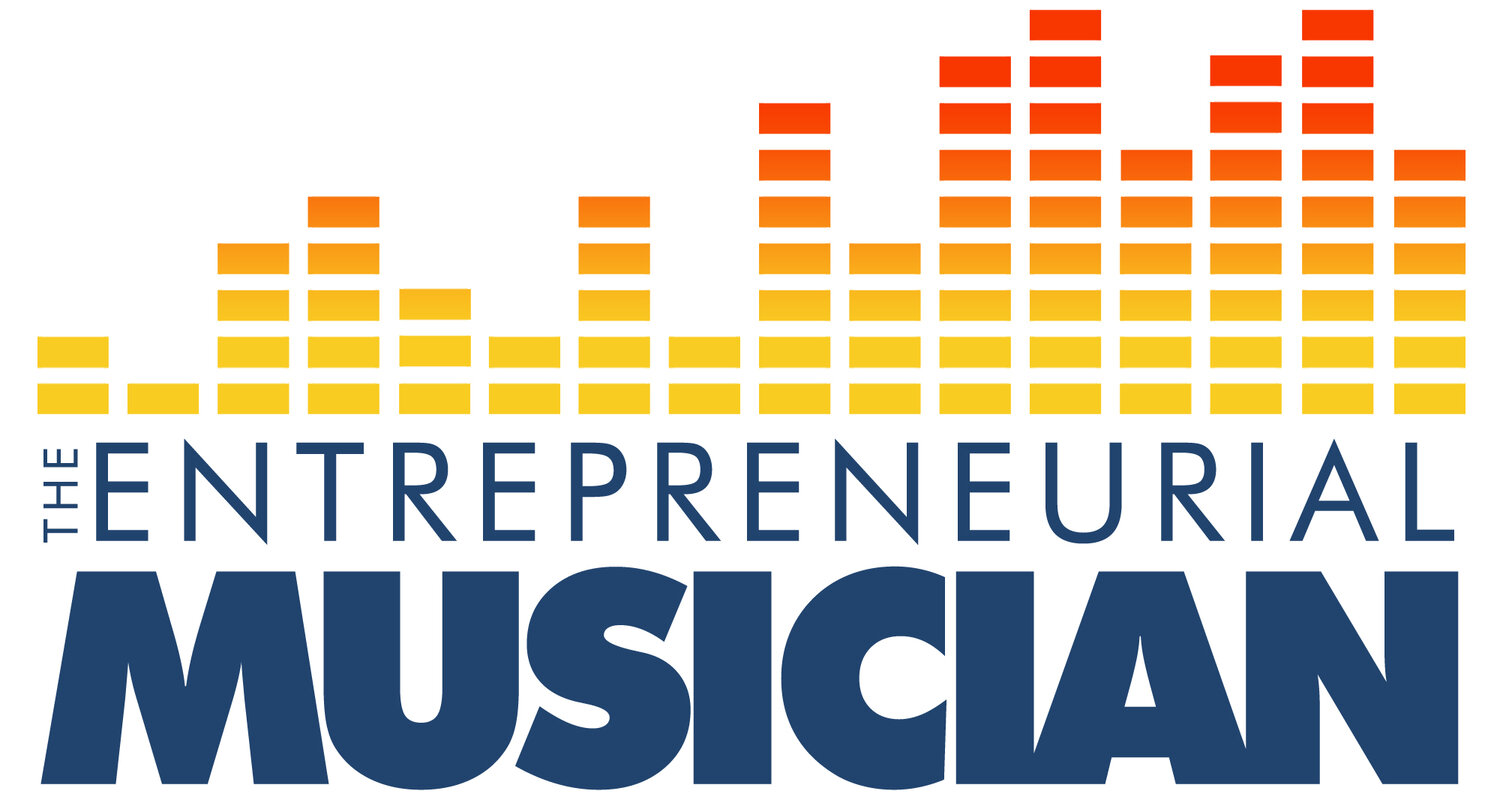TEM136: Deanna Swoboda Quotes
Listen via:
iTunes
Spotify
SoundCloud
Stitcher
TEM136: Deanna Swoboda Quotes
This episode features thoughts on my favorite quotes from the conversation I had with Deanna Swoboda in TEM135.
Quotes:
"I had designed a program, an assembly program, that could be turned into something that people would be interested in having at their schools. It was a program that music stores and music dealers were interested in collaborating with in terms of recruitment. Sam Pilafian really pushed me to organize that program into a business."
"Working in a nonprofit organization gave me skills, business skills…how to organize my thoughts of forming a business, and how to market, and how to plan, and how to organize."
"I think as musicians, sometimes we think about success, what success means to us individually. We really think it should be from point A to point B, and it should be very clean. In reality, it's the zig and the zag…the roads less traveled that you decide to take that have a direct influence upon your career."
"Really, at the heart of entrepreneurship is opportunity recognition. I think a lot of people may attribute their career to fate or destiny, being in the right place at the right time, et cetera, getting discovered or something, getting lucky. There is something to this. But I think that's a little bit of a passive approach. I really believe that it is that combination of talent, hard work, your work ethic, your attitude, and your determination and perseverance, and recognizing opportunities when they come your way."
"It's so important to be honest with yourself about what is truly going to make you happy. I think that it can change throughout life."
"Speaking of failures, I've had so many failures during my career. Without failures, there wouldn't have been self-improvement and moving into what's next. How do I do this slightly different so that it works, and it's a success."
"Everything leads to something else. Every person that you meet knows somebody else who might have an idea for you or be interested in what it is that you have to offer. Everyone and every one of their friends is a potential customer."
"You also have to communicate what makes you distinctive, and what makes your thing distinctive, and how you set yourself apart."
Show notes for all episodes of TEM including topics discussed, links to all books and websites referenced can be found at:
http://www.andrewhitz.com/shownotes
1. Help me get to my goal of $50 per episode on Patreon (only $8 to go!) by pledging as little as $1 per episode to support the show: https://www.patreon.com/tempodcast.
2. I am ONE REVIEW SHY of my next goal of 75 ratings on iTunes. Who is going to help me out by taking just a couple of minutes on iTunes and then emailing me to tell me they were the 75th person?
And finally, a huge thank you to Parker Mouthpieces for providing the hosting for TEM.
Produced by Andrew Hitz

